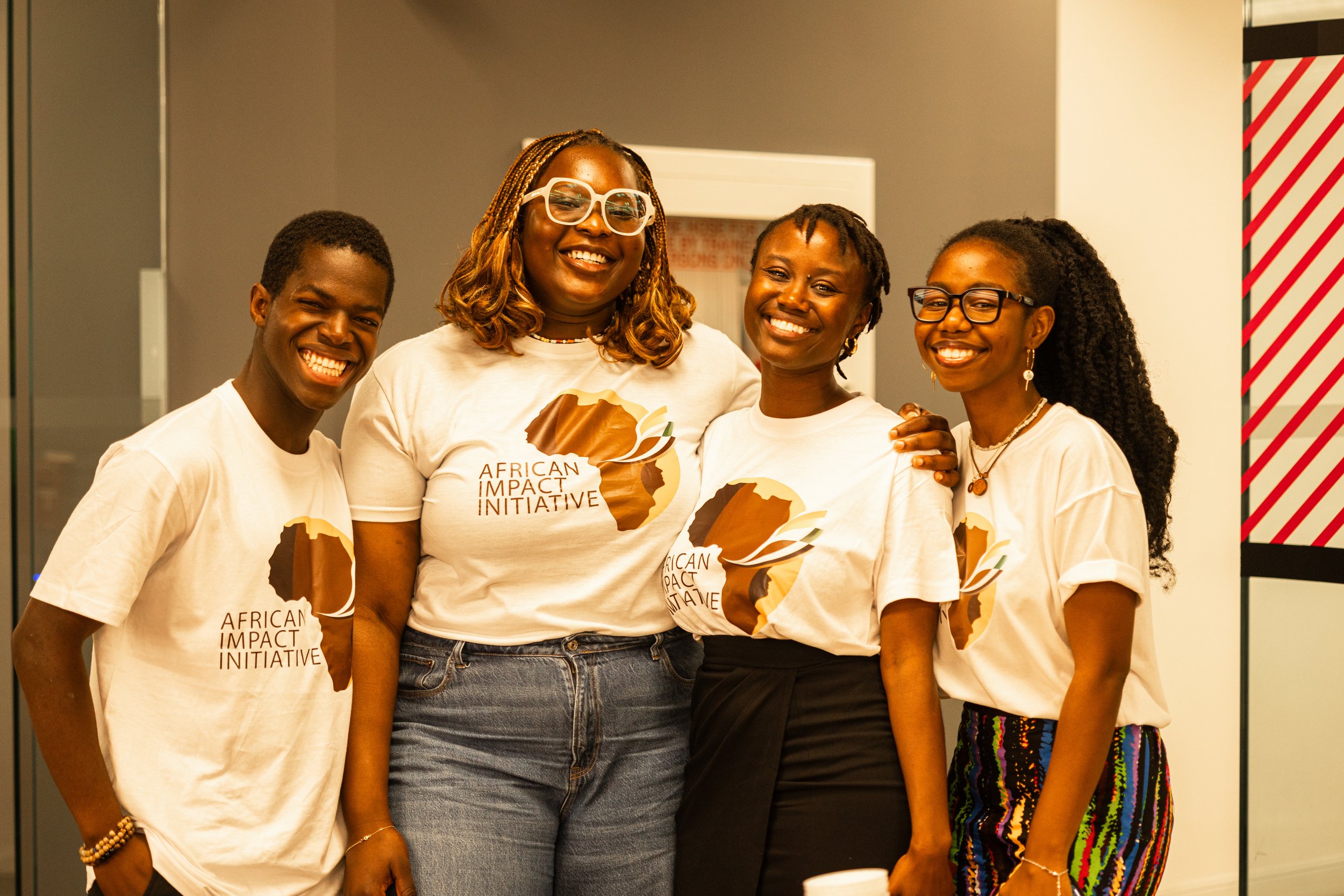Our Blog
Empowering Innovation: Nurturing Startups for Success

Virtual, Visible, and Valuable: How Demo Days Are Evolving to Champion Inclusive Innovation

Driving Economic Empowerment and Supporting Labor Rights Across the Continent

Charting a New Course: The Rise of African Youth in Health Innovation and Governance

Venture Spotlight: ATradezone

Venture Spotlight: Food Bundles

Venture Spotlight: DoctorsLive
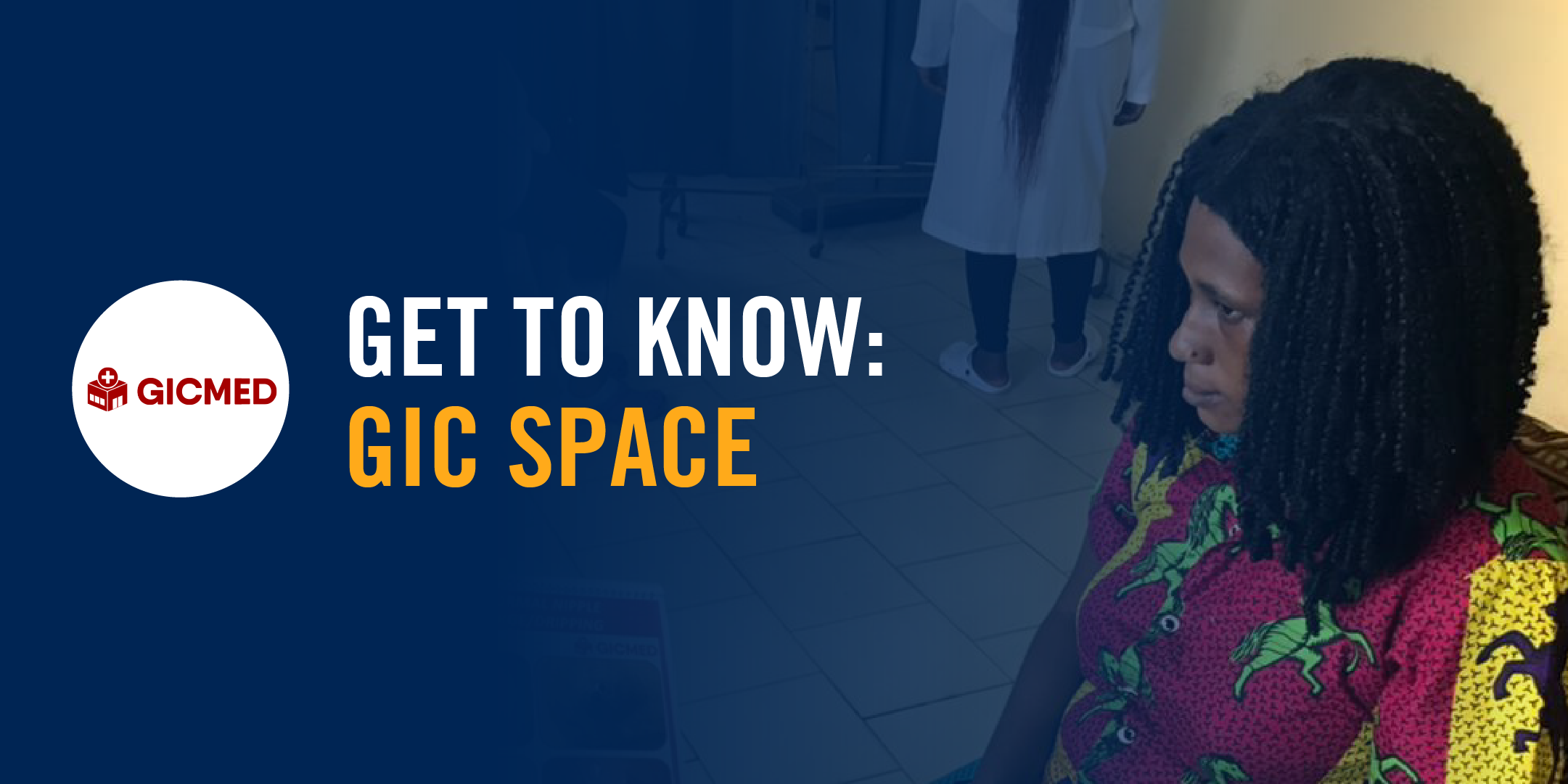
Venture Spotlight: GICMED

Venture Spotlight: Shamba Data

Venture Spotlight: Vectorgram Health

Venture Spotlight: Syna Consultancy

Venture Spotlight: Lima Technologies

Venture Spotlight: iWell Bio Tracker
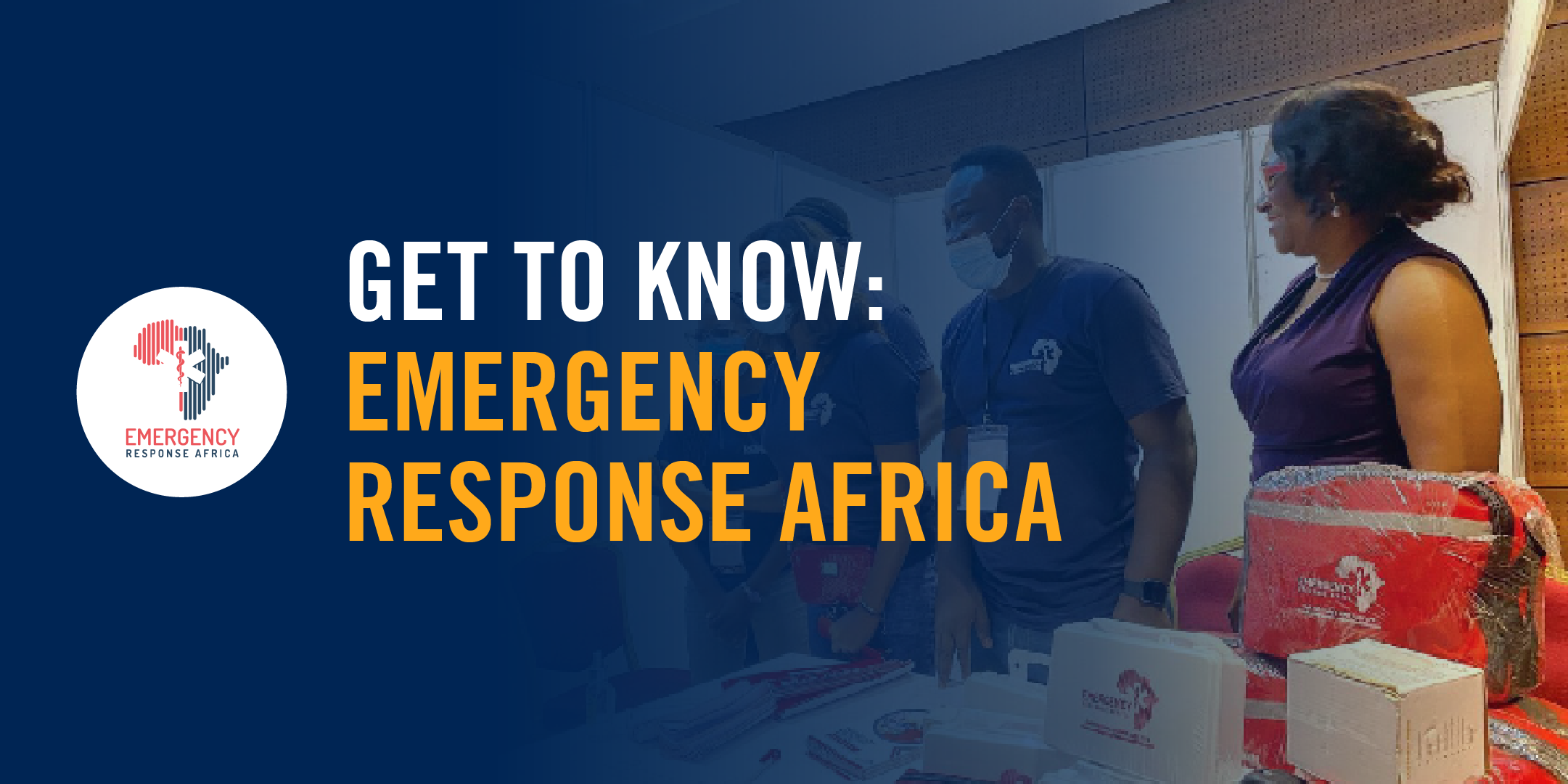
Venture Spotlight: Emergency Response Africa

Venture Spotlight: MOTO

Venture Spotlight: Medical Street

Venture Spotlight: Rocket Health
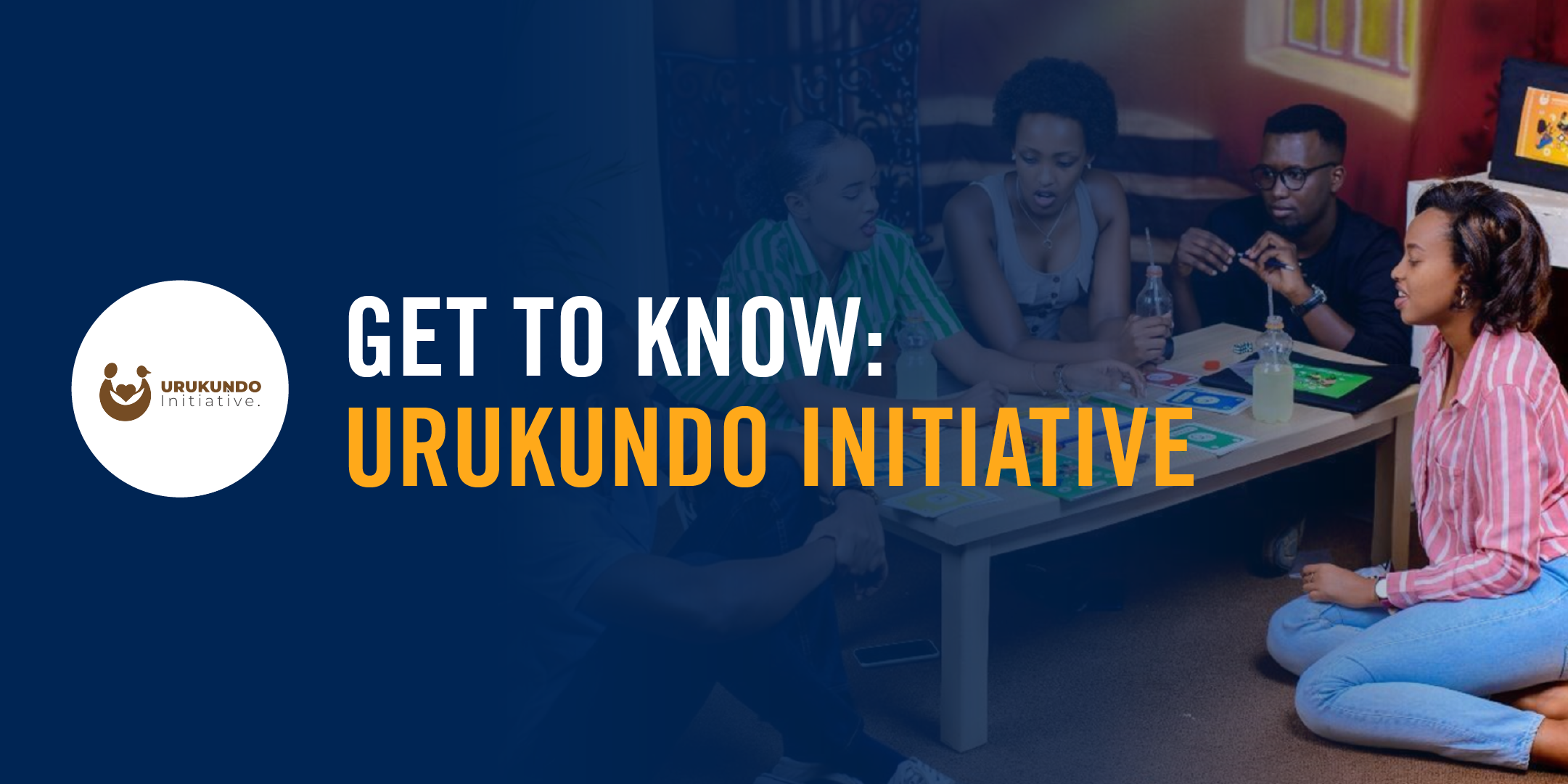
Venture Spotlight: URUKUNDO Initiative

Venture Spotlight: MedPack
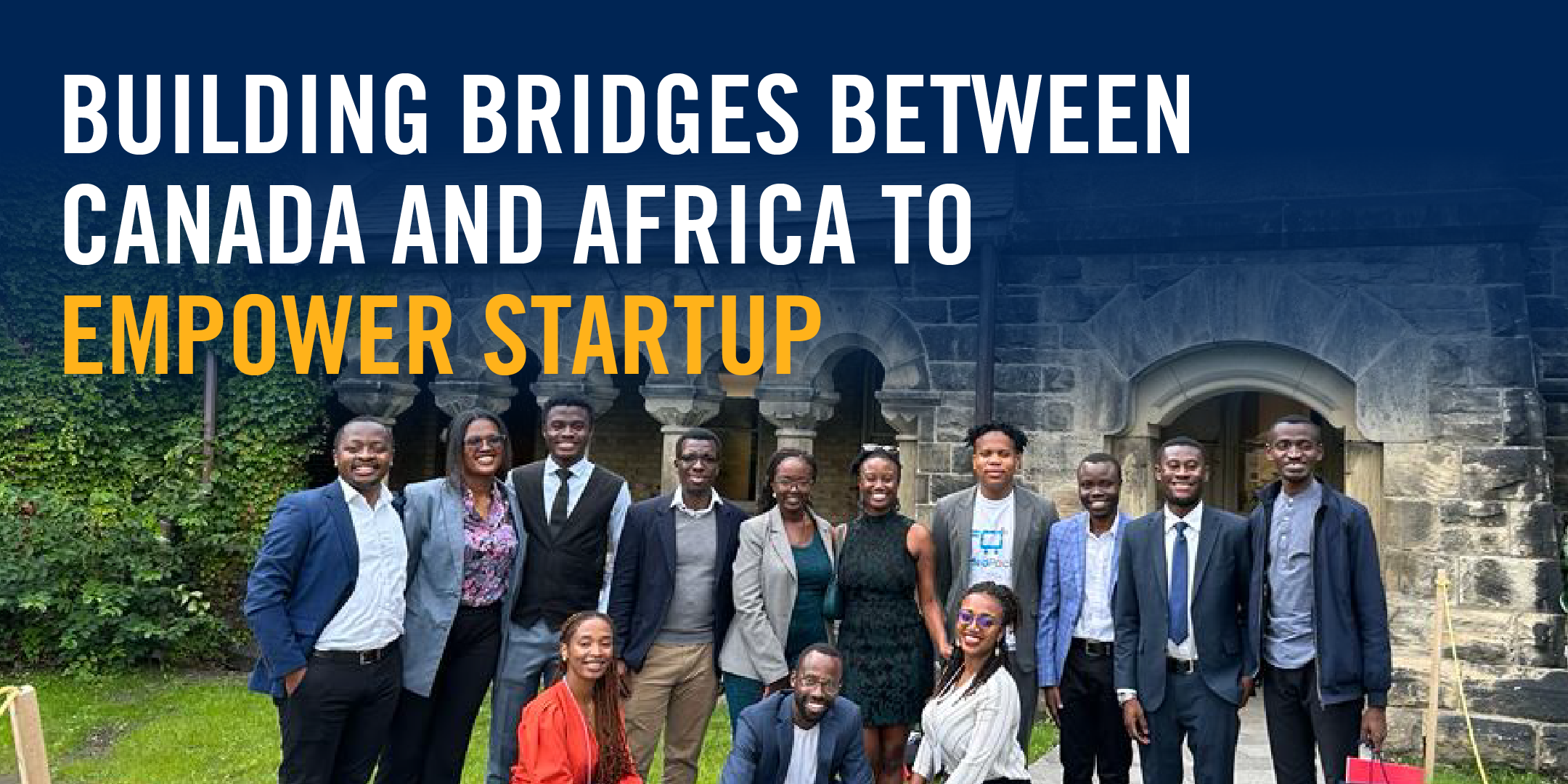
Building Bridges between Canada and Africa to Empower Innovators

Entrepreneurship Propelling Africa as the Hub of Green Technology and Sustainable Energy
